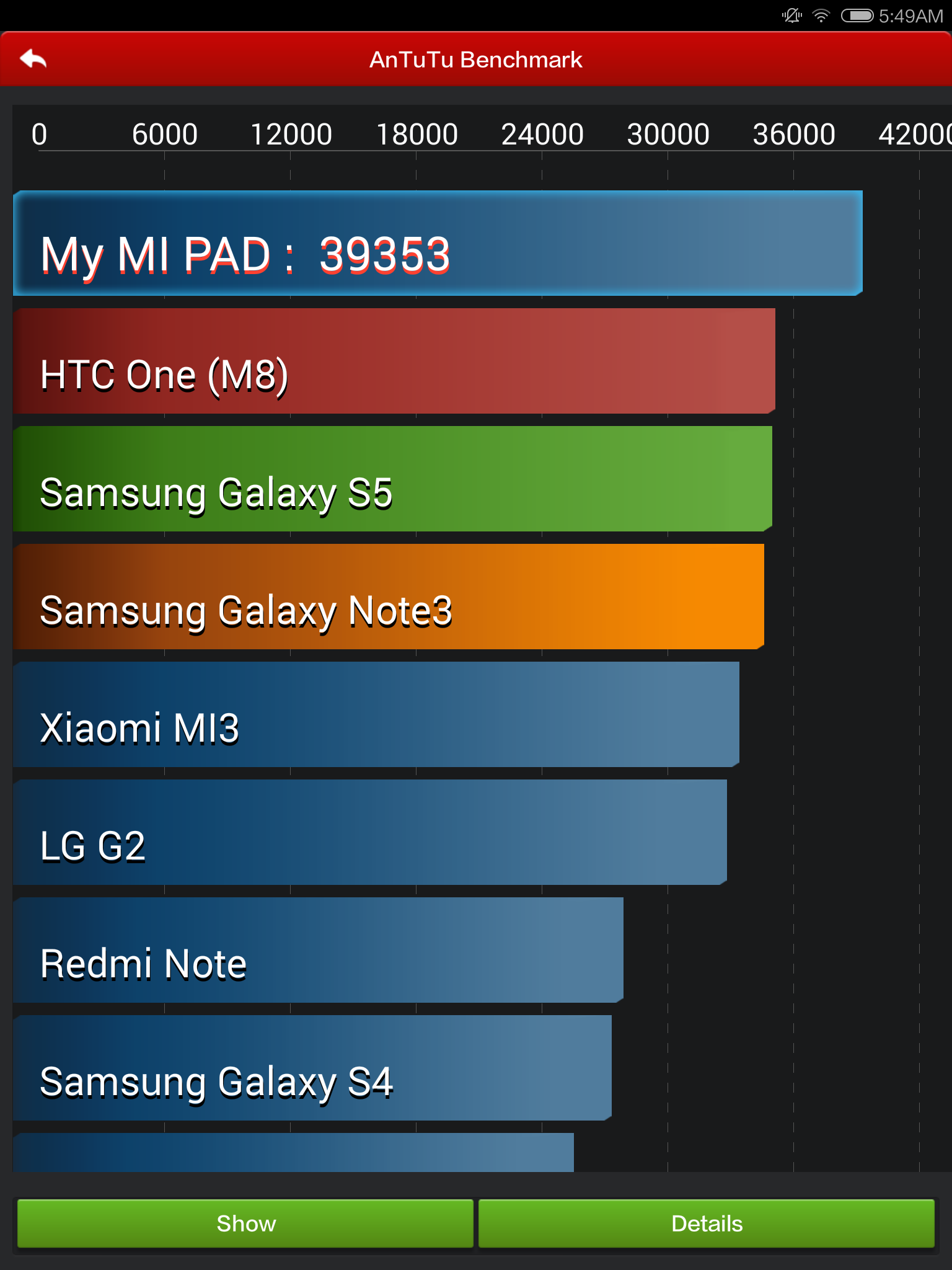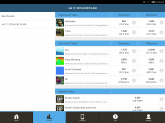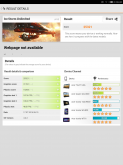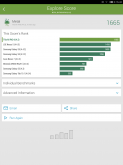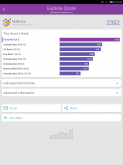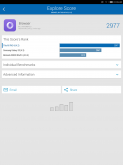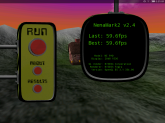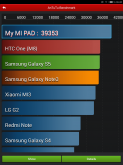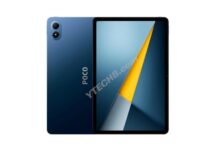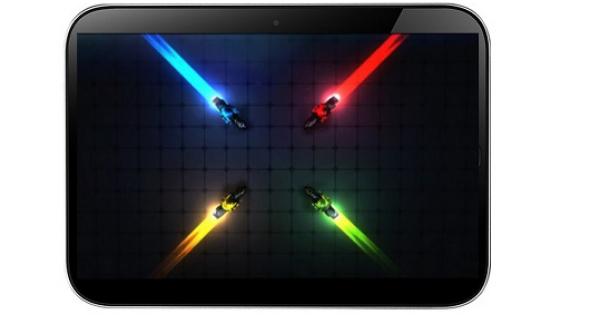As you know, we have the Xiaomi Mi Pad on our test table these days and we’ve already unboxed the device here. Now it’s time to proceed to the testing phase and we start off with the benchmarks. The slate packs 2 GB of RAM and an Nvidia Tegra K1 CPU with the 192 core Kepler GPU. Now let’s see the benchmarks!
We have a pretty rich list of tests here, including AnTuTu, 3DMark, GFX, SunSpider and BrowserMark. I must mention that Quadrant couldn’t communicate with the server on this tablet, while GeekBench 3 didn’t work and neither did the BrowserMark 2.1 test. Finally instead of SpeedTest.net we had to use another solution. In AnTuTu we got 39353 points with the Xiaomi Mi Pad, beating the Samsung Galaxy Note Pro 12.2 and its Exynos 5 Octa chipset, that helped it score 34.074 points. Meanwhile, the ASUS Transformer Pad TF701T scored 26k points and it’s included in this comparison for the sake of a Tegra 4-Tegra K1 comparison.
In NenaMark 2 we got 59.6 FPS with the Xiaomi Mi Pad, thanks to that very good 192 core GPU. We were only a bit past the 56.6 FPS of the TF701T and close to the 59.9 FPS of the Galaxy Note Pro 12.2. In Vellamo we scored 2977 points with the Mi Pad, but it’s not entirely relevant, since the benchmark got updated recently. In comparison, the ASUS Tegra 4 unit scores 3118 points and the Galaxy Note Pro 12.2 reaches 1794 points.
3DMark was also tried, giving us a huge score of 25.321 points on the Xiaomi, way past the 14.629 points we got on the iPad Mini Retina and its 64 bit chipset. We also totally beat the Tegra 4 ASUS unit and its 11k points. Finally, Galaxy Note 12.2 only got in the 12k range in 3DMark. In GFXBench, the offscreen T-Rex test brought us 47.7 FPS on the Xiaomi slate, way past the 26 FPS of the iPad Mini Retina and we also surpassed the 22.9 FPS of the Note Pro 12.2.
We did find a replacement for SpeedTest.net, through the Speed Checker app, that gave us a download speed of 22.5 Mbps, which is pretty good, but also a 6.06 Mbps upload, which is kind of weak. Plus, the ping was huge at 56 ms, but I can’t guarantee this benchmark is very good. Finally, Sunspider offered us a score of 594 ms, that got beaten by the Galaxy Note Pro 12.2 with its 531 ms and the 425 ms of the iPad Mini Retina.
Aside from the browser test, you can notice that the Xiaomi Mi Pad blows the competition out of the water, in the benchmark area. We’ll be back with a review ASAP.
Post Footer automatically generated by Add Post Footer Plugin for wordpress.

